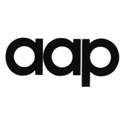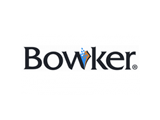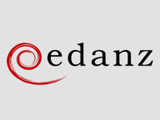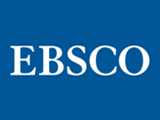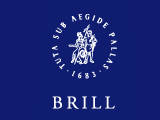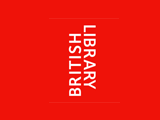The global shift towards making research findings available free of charge for readers—so-called ‘open access’—was confirmed today in a study funded by the European Commission. This new research suggests that open access is reaching the tipping point, with around 50% of scientific papers published in 2011 now available for free. This is about twice the level estimated in previous studies, explained by a refined methodology and a wider definition of open access. The study also estimates that more than 40% of scientific peer reviewed articles published worldwide between 2004 and 2011 are now available online in open access form. The study looks at the EU and some neighbouring countries, as well as Brazil, Canada, Japan and United States of America.
By making research results more accessible, open access can contribute to better and more efficient science, and to innovation in the public and private sectors. Máire Geoghegan-Quinn, European Commissioner for Research, Innovation and Science, said: “These findings underline that open access is here to stay. Putting research results in the public sphere makes science better and strengthens our knowledge-based economy.”
The study looked at the availability of scholarly publications in 22 fields of knowledge in the European Research Area, Brazil, Canada, Japan, and the United States. In several countries and disciplines more than 50% of papers are now available for free. Free availability of the majority of articles has been reached in the fields of general science and technology, biomedical research, biology and mathematics and statistics. The fields where open access availability is most limited are the social sciences and humanities and applied sciences, engineering and technology.
A recent European Commission Communication (IP/12/790) identified open access as a core means to improve knowledge circulation and thus innovation in Europe. Therefore, open access will be mandatory for all scientific publications produced with funding from Horizon 2020, the EU’s Research & Innovation funding programme for 2014-2020. The Communication recommended that Member States take a similar approach to the Commission in their domestic programmes.
Commissioner Geoghegan-Quinn stressed that the European Commission is promoting open access in Europe, including for the results of its own research funding: “The European taxpayer should not have to pay twice forpublicly funded research. That is why we have made open access to publications the default setting for Horizon 2020, the next EU research and innovation funding programme.”
Background
The study was undertaken by Science-Metrix, a research evaluation consultancy. The study included the 28 EU Member States, as well as Switzerland, Lichtenstein, Iceland, Norway, Turkey, The Former Yugoslav Republic of Macedonia, Israel, Brazil, Canada, Japan and United States of America. Two other reports by the same group were also released today, examining open access policies and the issue of open access to data.
Concerning open access policies, the report found that the majority of 48 major science funders considered both key forms of open access acceptable: open access publications in journals (referred to as “gold” and “hybrid” open access) and self-archiving (referred to as “green” open access). More than 75% accepted embargo periods – that is the gap between a publication and it becoming freely available – of between six to 12 months.
The third study found however that there are currently still fewer policies in place for open access to scientific data than for open access to publications. Open access to research data is rapidly evolving in an environment where citizens, institutions, governments, non-profits and private companies loosely cooperate to develop infrastructure, standards, prototypes and business models. Under Horizon 2020, the EU’s Research & Innovation funding programme for 2014-2020, the Commission will also start a pilot on open access to data collected during publicly funded research, taking into account legitimate concerns related to the grantee’s commercial interests, privacy and security.
The Commission will make open access to scientific publications a general principle of Horizon 2020. As of 2014, all articles produced with funding from Horizon 2020 will have to be accessible:
- articles will either immediately be made accessible online by the publisher (“gold” and “hybrid” open access) – up-front publication costs can be eligible for reimbursement by the European Commission; or
- researchers will make their articles available through an open access repository no later than six months (12 months for articles in the fields of social sciences and humanities) after publication (“green” open access).
Links
Links to the three studies:
http://www.science-metrix.com/pdf/SM_EC_OA_Availability_2004-2011.pdf
http://www.science-metrix.com/pdf/SM_EC_OA_Policies.pdf
http://www.science-metrix.com/pdf/SM_EC_OA_Data.pdf
Horizon 2020 website: http://ec.europa.eu/research/horizon2020/index_en.cfm























